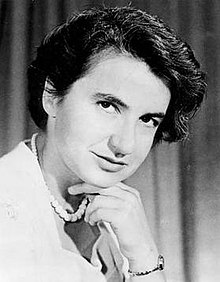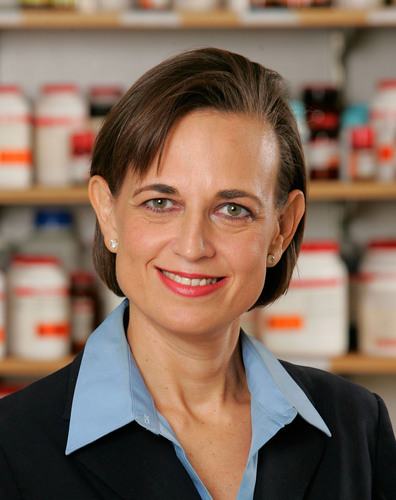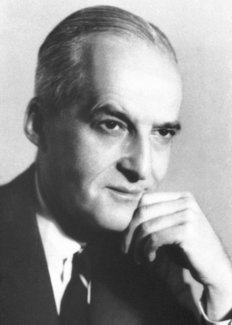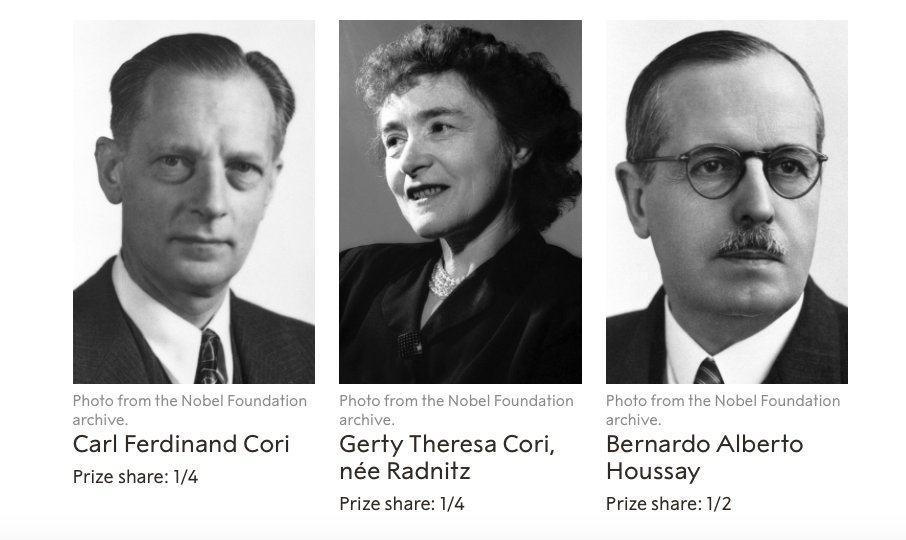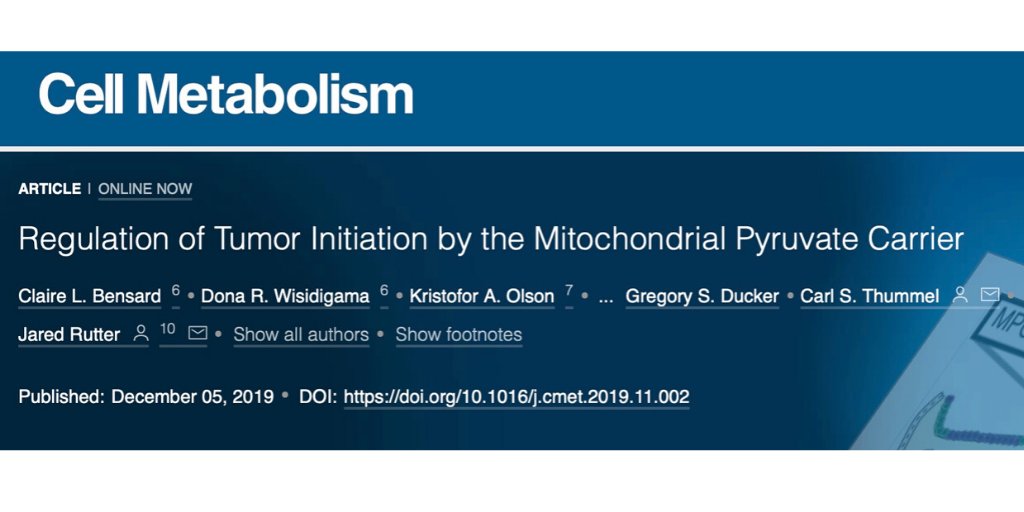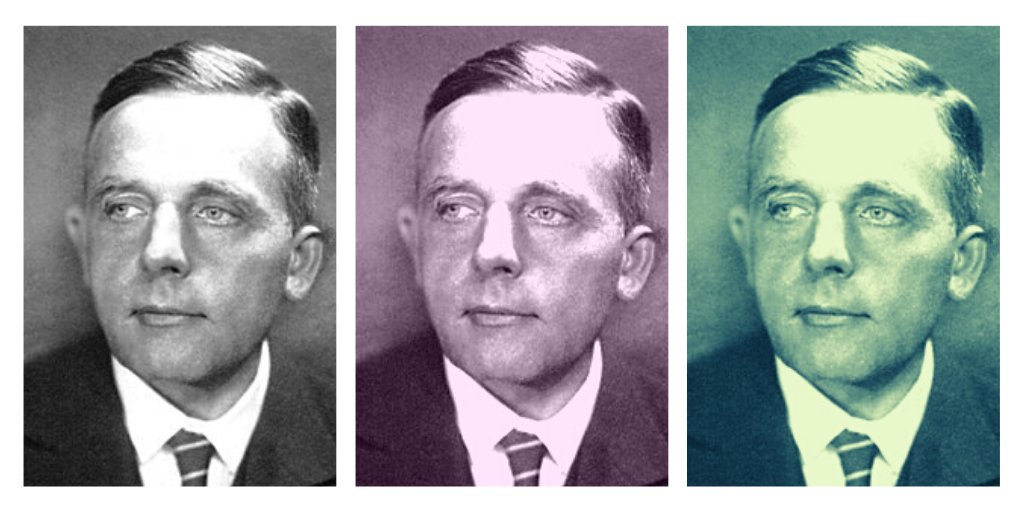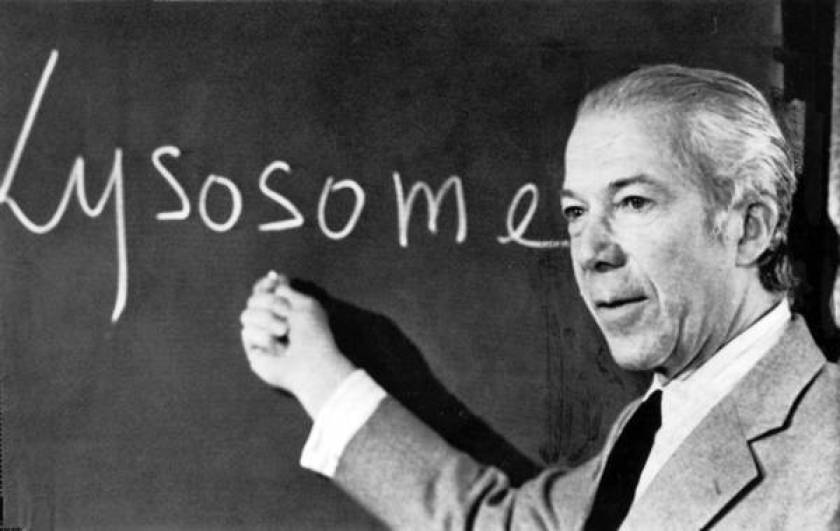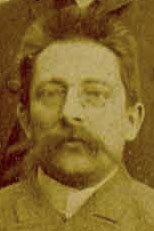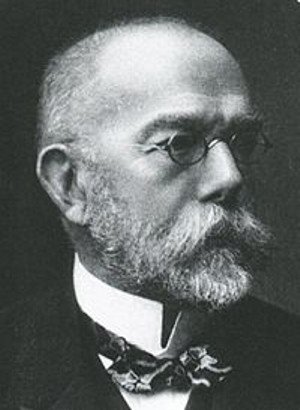
With 2022 coming to an end, we decided to share our lab's favorite papers of the year! #MitoMonday #LateNightWithTheRutterLab So without further ado, and in no particular order, here are our 10 favorite papers of 2022:
1-The @FoxLabDuke and Co report that genes enriched in rare codons achieve tissue-specific expression in the testis of flies and humans, as well as the fly brain! @alaederach @Pr0fJess @m_f_rogers @Duke_CMB @Duke_PCB @elife
bit.ly/3vn5ZUw
bit.ly/3vn5ZUw
2-@kaymakirrm and @KawaZbozowa from the @DrRGJonesLab grew CD8+ T-cells in physiological media and discovered that less glucose carbons enter the TCA cycle in the presence of alternative carbon sources including lactate! @VAInstitute @Cell_Metabolism
bit.ly/3hQtmmx
bit.ly/3hQtmmx
3-The Klinge lab's (@Rockefeller) recent paper slips into our list with this herculean effort using #CryoEM to determine high-Res structures of 9 native yeast and human mitoribosomal small subunit assembly intermediates!
go.nature.com/3vfM1Ly @Nature
go.nature.com/3vfM1Ly @Nature
4- @drklly and @vagar112 describe a comprehensive analysis of the determinants of mRNA degradation rates in mammals. Their model, Saluki (love the name!), can predict mRNA half-life directly from mRNA sequence! @Calico @Sanofi
bit.ly/3C4bonj @GenomeBiology
bit.ly/3C4bonj @GenomeBiology
5-@bennet_fox, @WalhoutMarian, @group_schroeder and Co use C. elegans as a model to study inter-individual variation in metabolism. They discover novel 3HP-amino acid conjugates produced under specific genetic backgrounds!
go.nature.com/3VjoB2w @Nature @BTIscience
go.nature.com/3VjoB2w @Nature @BTIscience
6-@TianyanL, @stephan_till and Co developed PK Mito-Orange, a photo-stable, non-toxic dye that stains the IMM to enable the imaging of mito cristae at resolutions below 100nm! Seeing is believing!
bit.ly/3vhLDMB @ZhixingChen2 @JakobsLab @PNASNews
bit.ly/3vhLDMB @ZhixingChen2 @JakobsLab @PNASNews
7-The Hentze lab from @embl and Co, discover that the catalytic activity of ENO1, a glycolytic enzyme, is regulated by directly binding to RNAs leading to metabolic rewiring! @MolecularCell
bit.ly/3VkRV8F
bit.ly/3VkRV8F
8- The @mvh_lab describe how excess nucleotides inhibit cell proliferation and increase cell growth independent of canonical growth regulatory pathways! @kochinstitute @MITBiology @NatureCellBio
go.nature.com/3hMnBX6
go.nature.com/3hMnBX6
9-@rogerszou et al developed a novel approach that utilizes CRISPR gRNAs to simultaneously target epigenetic and diverse genetic sites to study DNA damage/repair! @taekjip, @AlbertoMarinG1, @yliu_UofU, @kalhorlab, @LeoLShen
go.nature.com/3PSGGmK @NatureCellBio
go.nature.com/3PSGGmK @NatureCellBio
10-And last, but not least, @Bio2data, @gemmaemay and @McManusRNALab rigorously demonstrate that putative IRESes from HOXA9 and other genes are false-positives! bit.ly/3Wo8imv @PNASNews #RNAStructure
There were so many incredible papers that came out this year and it was really difficult to limit ourselves to just ten. What a wonderful time to be alive, thank you all for being amazing scientists! #MitoMonday #LateNightWithTheRutterLab #HappyNewYear2023
• • •
Missing some Tweet in this thread? You can try to
force a refresh


